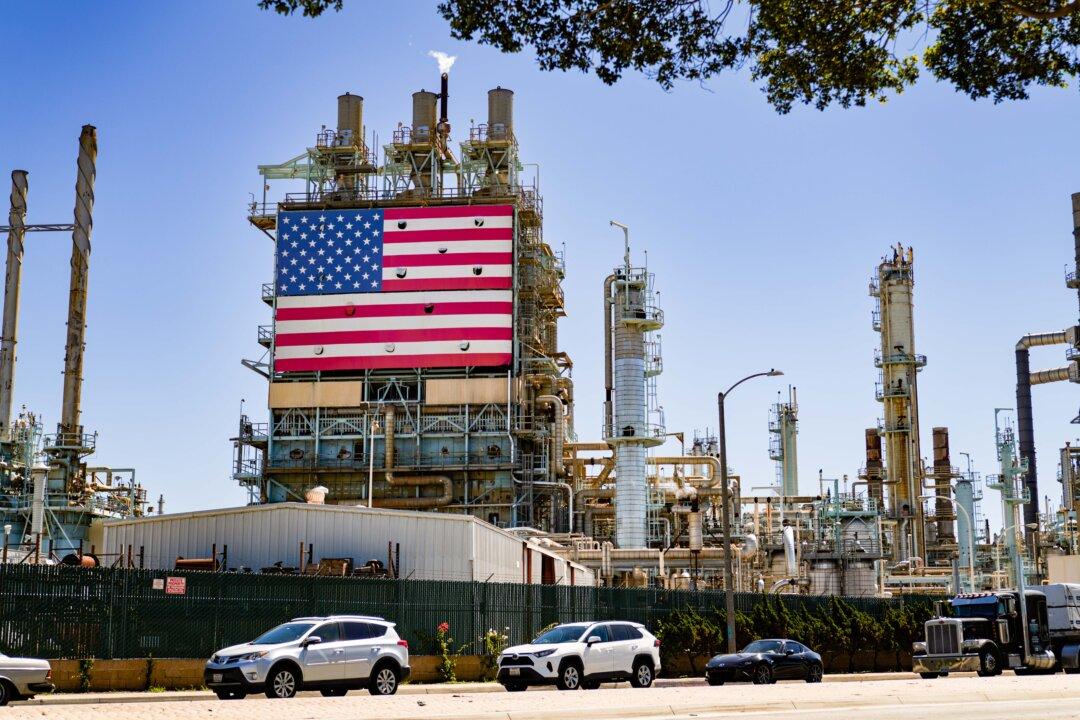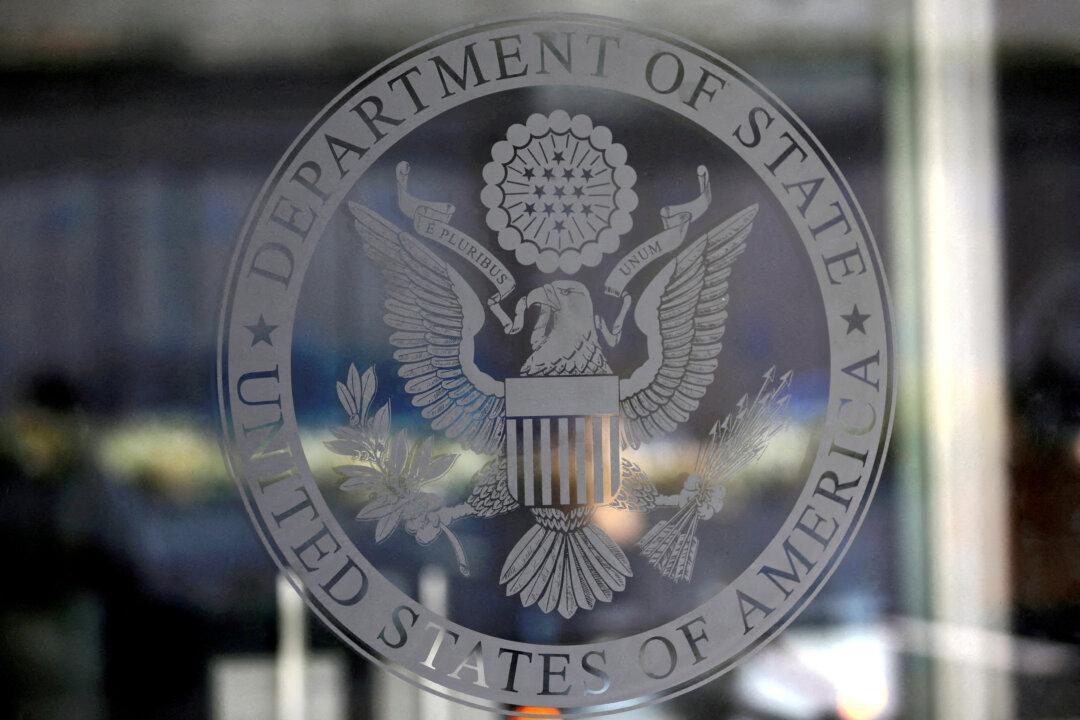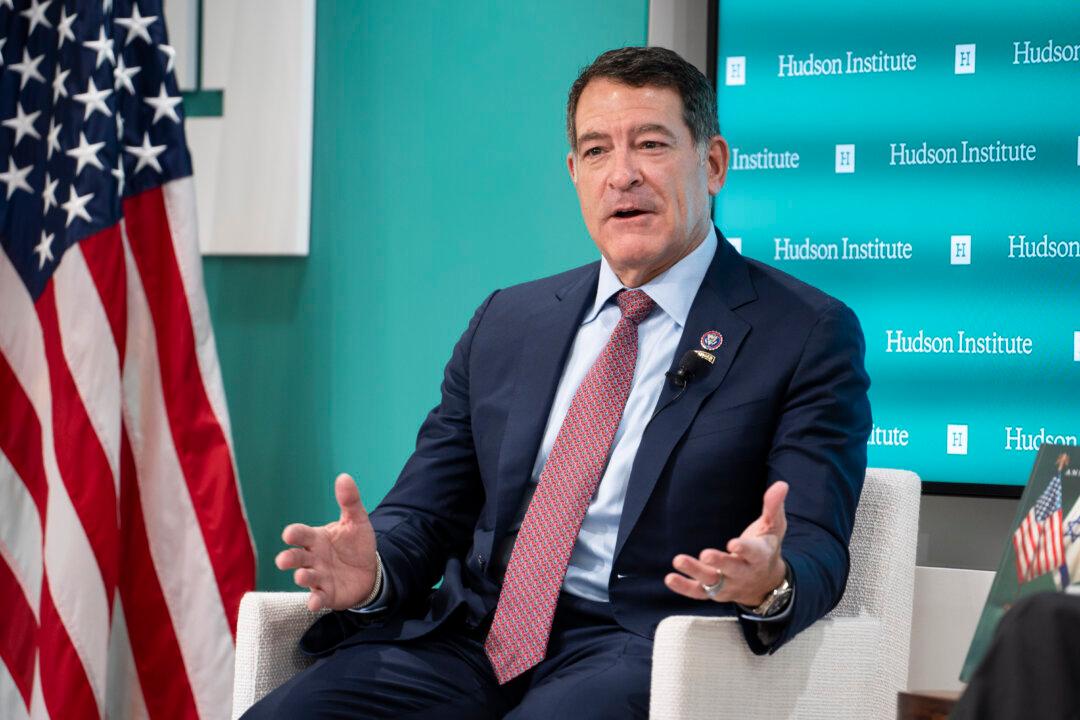The Trump administration has taken legal action against the Democratic-led states of Hawaii, Michigan, Vermont, and New York over their climate-related actions, alleging that they interfere with federal authority and the country’s energy development, according to the Department of Justice (DOJ).
The DOJ on May 1 accused the four states of overreach through their climate laws and lawsuits.





